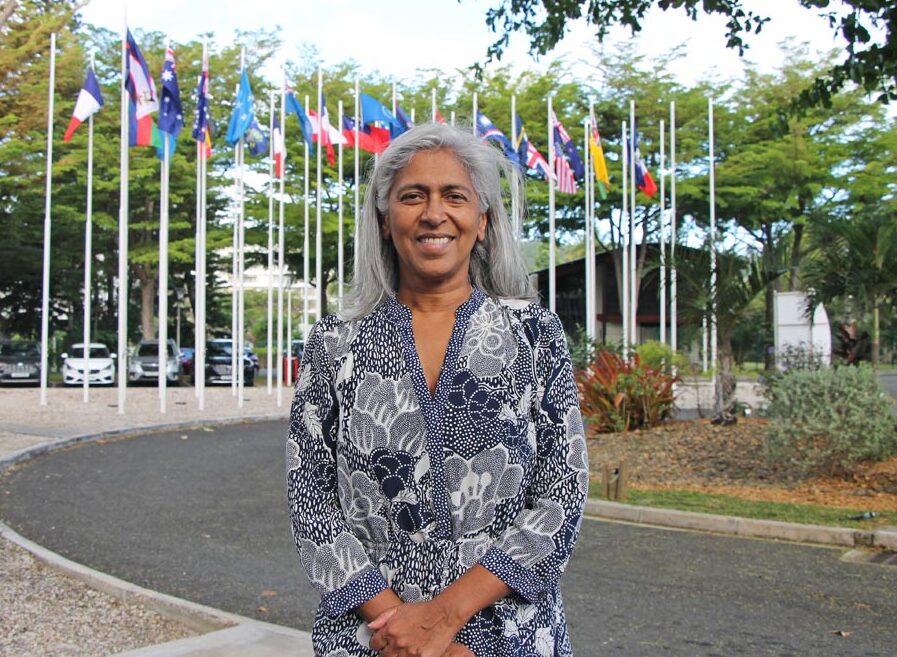The French Ambassador to the Pacific wants to set the record straight reminding people the France is the “administering power” and in control of New Caledonia for now.
“New Caledonia is France and it’s legally in international public law,” Véronique Roger-Lacan told RNZ Pacific on Wednesday.
“This is how it is. New Caledonia is France,” she said.
Her comments follow New Caledonia Congress President, Roch Wamytan, doubling down on indigenous Kanaks’ aspirations to seek self-determination.
Wamytan told RNZ Pacific that Paris “must understand once and for all, that New Caledonia is not France”; and that the territory is in a process of decolonisation that the French State must bring to its conclusion.
Roger-Lacan said France “totally recognises” the decolonisation process, and is engaged with it.
However, until the process is achieved, France is New Caledonia’s “administering power”, she said.
“This is international public law. This is the UN,” she said.
“France is qualified in the UN as an administering power and New Caledonia as an administered territory; nevertheless, it is an administered territory of France.”
Roger-Lacan said Paris has a “totally impartial” stance, “because it implements all the principles of the United Nations of free, fair, transparent democratic processes”
“Free, fair, transparent democratic processes, as agreed by everyone, with the signature of Roch Wamytan in the Noumea agreement, as agreed by everyone in the C24.
“Once there is a resolution in the C24 that will not recognise that there is a balance to be achieved, an impartiality exactly to be achieved by everyone, because Roch Wanytan also needs to be impartial when he speaks.”
“Self determination is a French constitutional principle, and there is no way that anybody in France, in the government, in the French State, will depart from that principle.
“And also, the self determination is a principle that is at the heart of the UN Charter.”
Wamytan also said Paris has “stalled” the process because the Macron government is partial when it comes to the decolonisation process.
“They make the democratic process unfair for indigenous people of Kanaky/New Caledonia, they maintained the third referendum while we were undisposed because of the loss of life and mourning,” he said.
Roger-Lacan disagreed.
“For the referendum, dates were discussed at length,” she said.
“At that time, the covid had been assessed as not being so important so as to prevent people from going out and and voting, and then all of a sudden, they came up with the story of the of the mourning.
“The reason why the argument of Roch Wamytan does not fly is because two months later, the customary Senate had said it was a one-year mourning period – and this one year mourning period, two months later, everyone was out voting at the national elections.
“There is a lack of consistency there,” she said.














